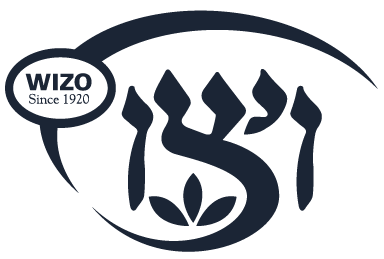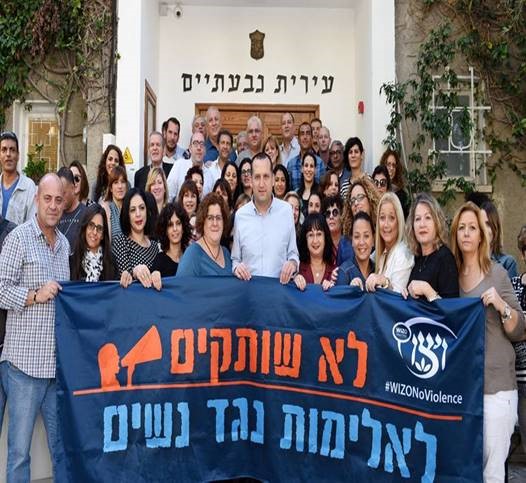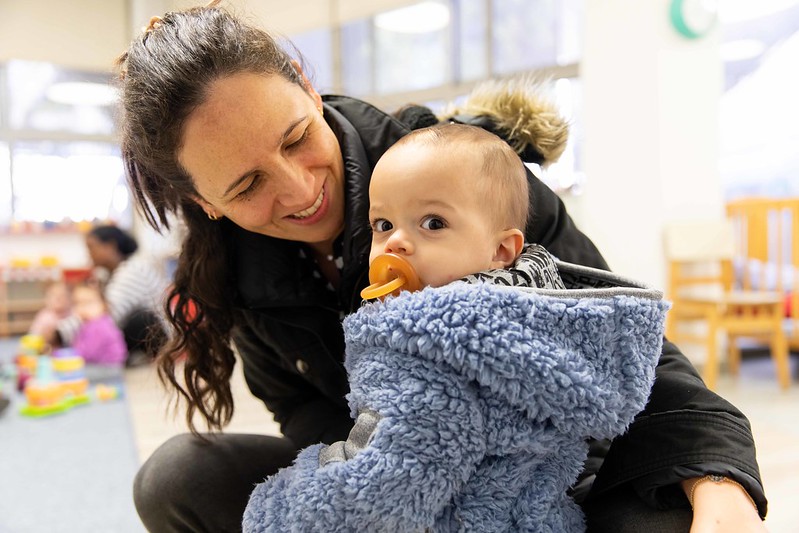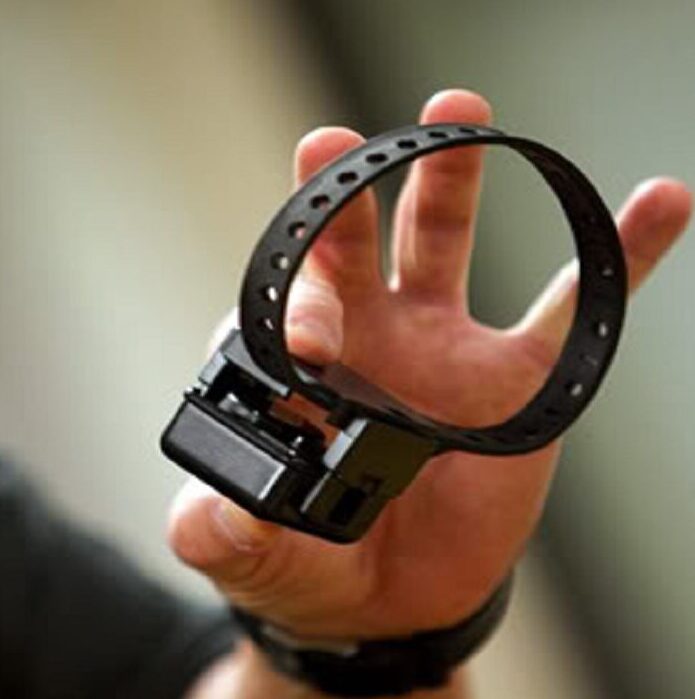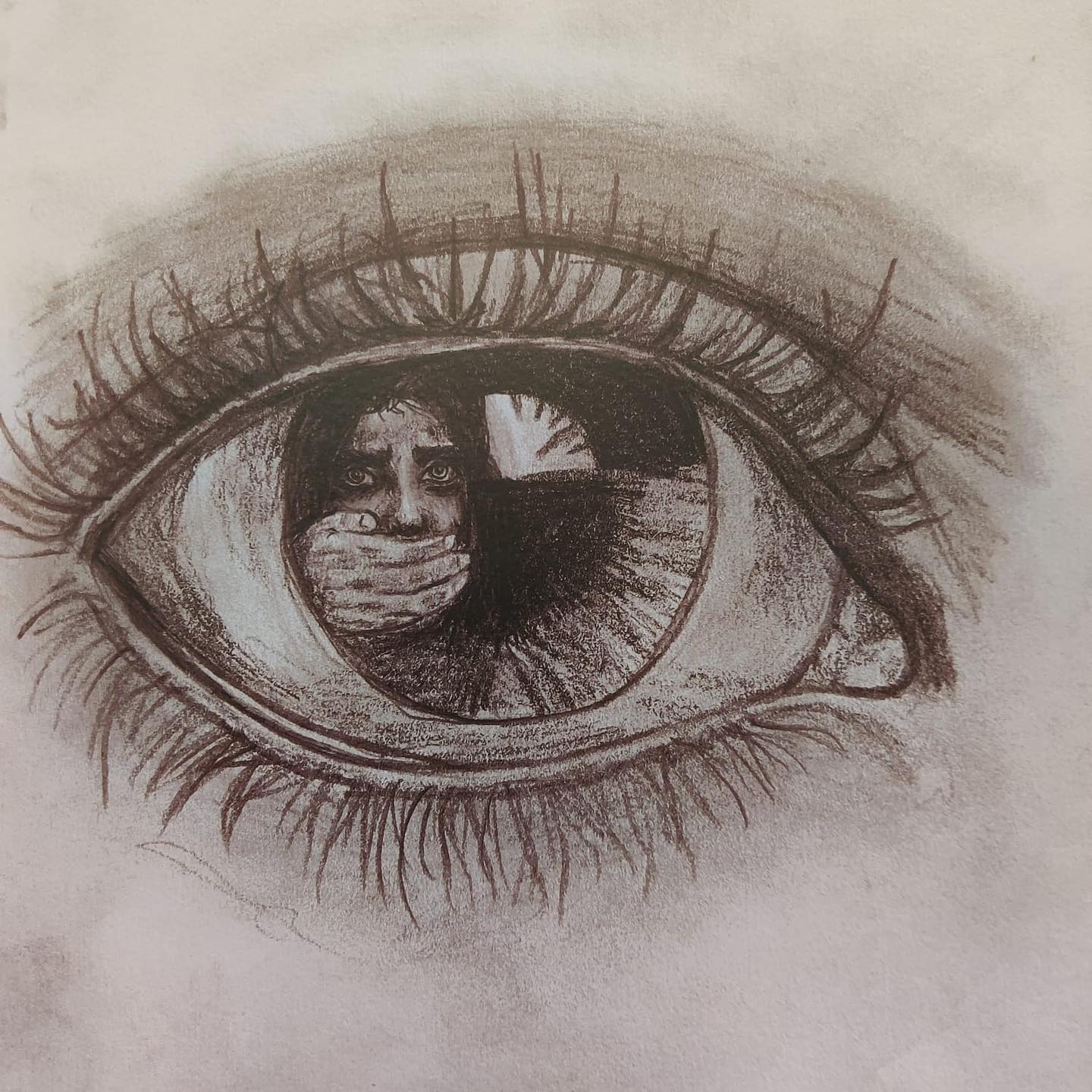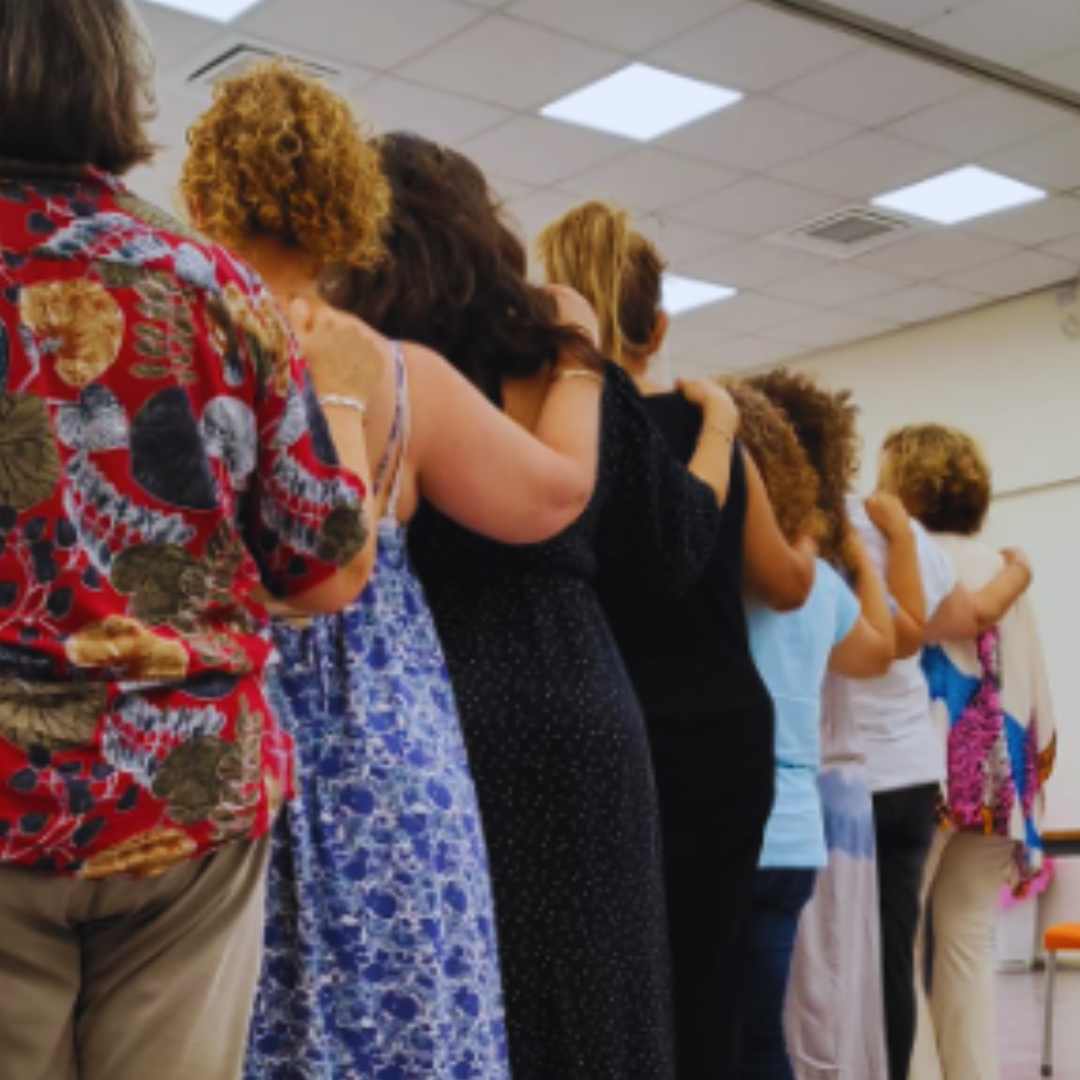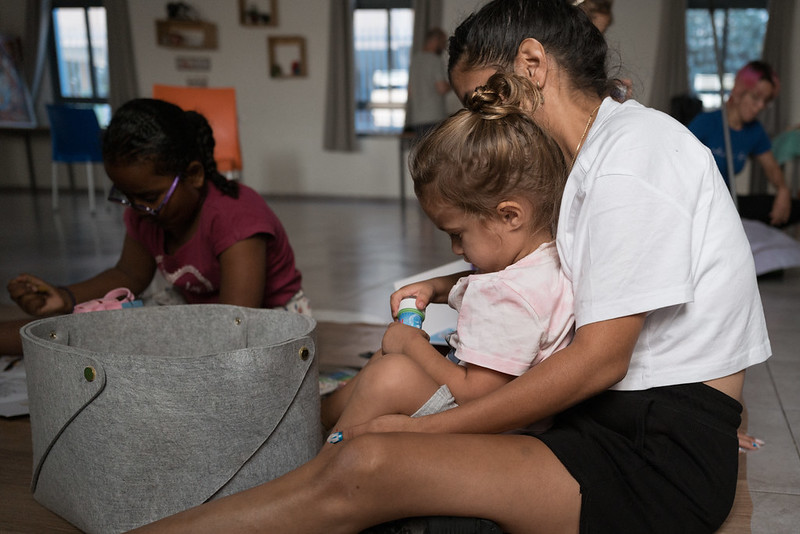Background
Approximately 1 million women, men, and children are trapped in a cycle of violence in Israel. Data on the scope of partner abuse and relationship violence indicates that between 10% and 50% of women around the world are exposed to violence in marital and couple life. In Israel, the estimation is that 13% of women in Israel exposed to physical violence during their lives and 56% suffering from verbal abuse. Violence in an intimate relationship is a multifaceted universal problem that affects people from all cultures, religions, socioeconomic statuses and all levels of education.
Many theorists and researchers have pointed out that children and adolescents exposed to violence at early age develop trauma and need emotional support and even more so during the COVID-19 crisis, that led to an exponential outbreak of violence in the family.
Moreover, domestic violence is also prevalent in adolescence at the stage when romantic relationships develop. Dating Violence is characterized by controlling relationships, physical, sexual, mental and social abuse. Studies conducted in Israel among students and adolescents show that between 10% – 50% of those who are or were in a relationship reported various forms of violence. In addition, a large percentage of victims experience difficulty in admitting and/or reporting the problem and in asking for help.
WIZO, the Women’s International Zionist Organization, is the only organization in Israel that operates a comprehensive and inclusive array of services and programs for the prevention and treatment of domestic violence from a young age.
Violence Prevention Youth Program
WIZO’s national Mine and Only Mine workshop program has educated over 30,000 teens and young adults since 2017 about the early signs of domestic violence. This is an essential step towards reducing domestic violence prevalence, and preventing abuse, by teaching healthy relationship building, raising awareness of early signs of
dominant and violent behaviors, and providing immediate support to those in need.
Knowing that resources and support are available can encourage victims to speak up and seek help. WIZO’s facilitators provide training, educational resources, materials, and referrals (to professional treatment centers, social services, and the police when necessary) to school staff and students both prior to, during, and after the
program to ensure that a network of support resources is always available.
Educating teens about domestic violence is critical to preventing them from becoming victims or perpetrators in current relationships or in the future. Teens who are informed about the warning signs of abusive behavior are better able to recognize them and seek help if they find themselves in an abusive relationship. Educating teens about domestic violence can also help those who have experienced or are currently experiencing violence at home.
The Mine and Only Mine workshops will be attended by 6600 adolescents in 330 groups per year, all over the country and throughout the school year.
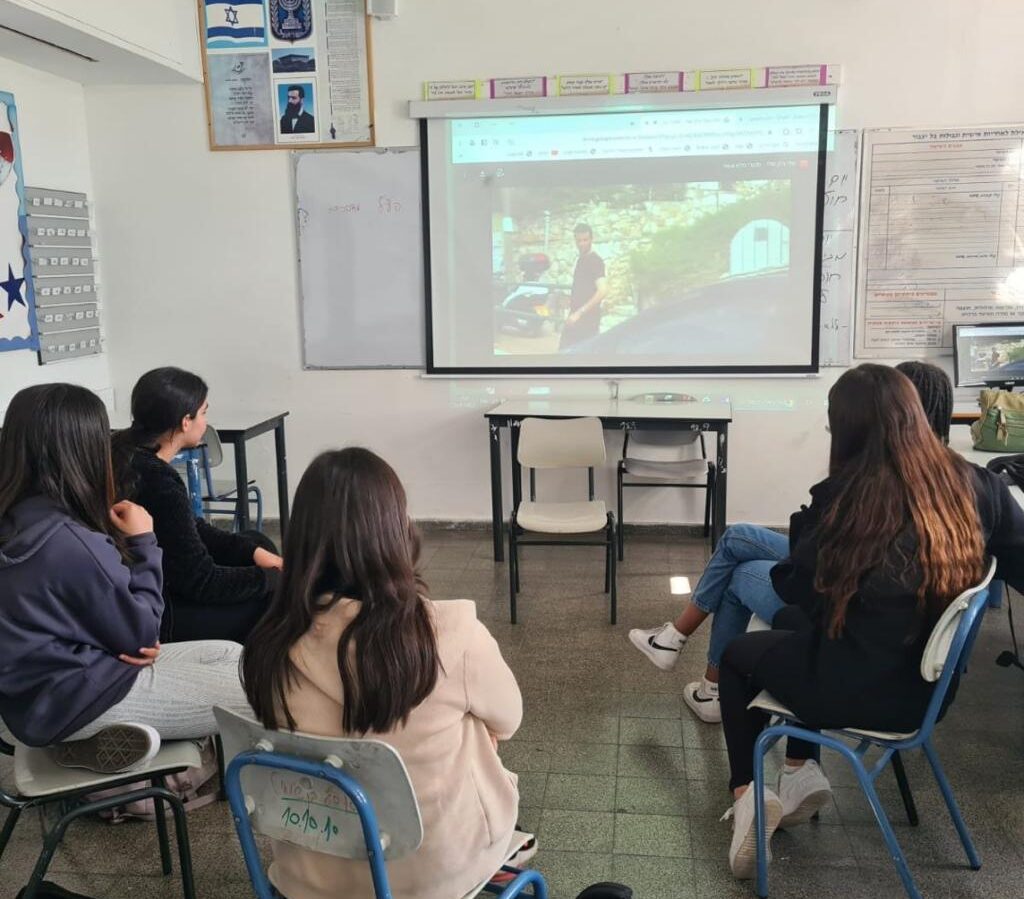
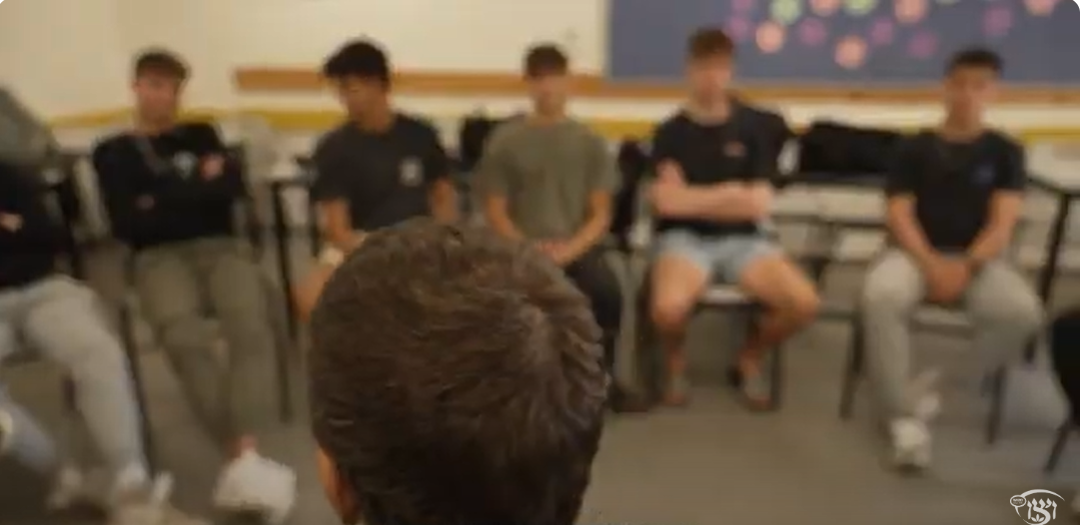
Goals of the Program
- Changing young people’s attitudes and teaching them how to identify gender tracking and signs of aggressive behavior or victim behavior in relationships.
- Informing youth about what constitutes violent conduct in a relationship – the dynamics leading to violence and taking control before and instead of adopting violent behavior.
- Learning and assimilation of at least two practical tools for coping with violent tendencies
Methodology
Mine and Only Mine is a series of 3-5 90-minute sessions. The sessions are delivered by an experienced professional facilitator with a background in working with youth and domestic violence. The workshops are tailored for teens and young people in the ages 16-26, educational and professional staff and parents.
The workshops combine guided viewing of the film “Only Mine”‘, theoretical knowledge, experiential training and the provision of practical tools for preventing violence and establishing a healthy relationship.
The workshops focus on four stages of a relationship:
“Pre-relationship” will deal with the fantasy in which young people live, psychological representations of the opposite sex, gender tracking and the perception of masculinity and femininity. The participants will discuss meanings, stereotypes, influences and implications in the formation of intimate relationships.
“Starting the relationship” covers courtship and the response to courtship – choosing a partner, stages in building a relationship, types of relationships, interpersonal communication, developing effective and respectful communication.
“Establishing the relationship” addresses deepening the relationship between the partners and in the social context – communication in situations of conflict and disagreement, setting boundaries, the characteristics of a healthy and beneficial relationship vs. those of a problematic relationship.
Types of violence and aggression in a relationship will be looked at, and how to Identify the “Red Lights” in a problematic relationship and “Green Lights” in a healthy relationship.
“Separation processes”– deals with ending and closure of interpersonal relationships.
